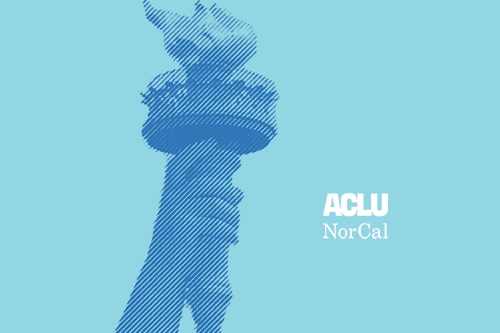International Society of Krishna Consciousness of California v. City of Los Angeles
Page Media

Should the California Supreme Court apply the federal forum doctrine or the "incompatible use" test to evaluate solicitation restrictions at the Los Angeles International Airport under the California Constitution's Liberty of Speech Clause?
In 1997, the International Society of Krishna Consciousness ("ISKCON") filed suit in the U.S. District Court for the Central District of California, challenging an ordinance that prohibited the solicitation and receipt of funds in the airport terminals, parking lots and adjacent sidewalks. Since the case was filed, it has been through two appeals to the Ninth Circuit and the relevant ordinance has been amended, including amendments that took place after 9/11 for the purpose of promoting airport security. Having upheld the ordinance under the First Amendment to the United States Constitution, the federal courts are left to determine whether the ordinance is valid under Article I, section 2 of the California Constitution. Because this is a question of purely state constitutional law, the Ninth Circuit Court of Appeal certified the question to the California Supreme Court, which accepted the certification and modified the questions presented as follows:
1. Is the Los Angeles International Airport a public forum under the Liberty of Speech Clause of the California Constitution?
2. If so, does the ordinance at issue violate the California Constitution?
On April 29, 2009, the ACLU Foundation of Northern California, ACLU Foundation of Southern California and ACLU Foundation of San Diego and Imperial Counties filed an amicus brief urging the California Supreme Court to continue its departure from the limits of First Amendment jurisprudence in the federal courts. In particular, we provide a critique of the federal forum doctrine and recommend the application of this state's functional incompatibility test, whereby speech restrictions on government property are evaluated not based on the government's intent with respect to the breadth of speech to be permitted but whether the restricted speech interferes with the actual and intended use of the property.
